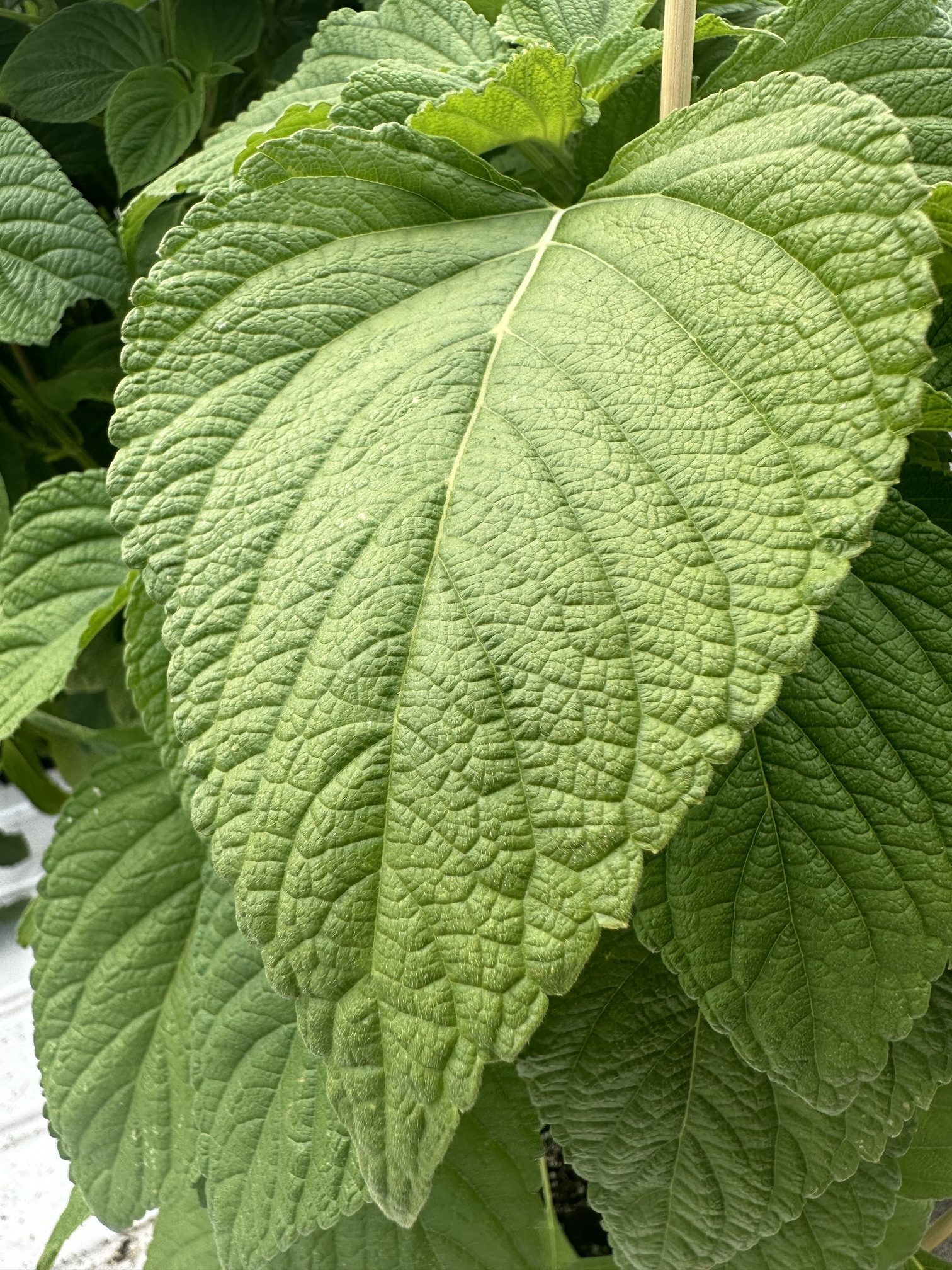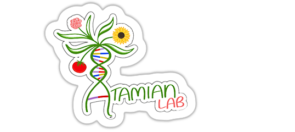ATAMIAN LAB
Laboratory of Genetics, Genomics & Bioinformatics
Sustainable Agriculture
Cultivating a greener, healthier world
What do we do?
Our research interests mainly revolve around sustainable agriculture, aiming to increase food production without harming the environment. As the global population grows, food production must increase by 70% to meet future demands. However, this increase in food production should not come at the expense of vital ecosystems, such as forests, or lead to resource depletion and environmental pollution. Sustainable agriculture offers a solution to this complex challenge. Attaining sustainable agriculture requires a multifaceted approach and integrates contributions from various fields such as plant genetics, environmental sciences, technological innovations, economics, and social sciences.
Another relatively new line of research utilizes machine learning algorithms to virtually screen natural products or de novo design molecules that hold promise as potential therapeutics against both human and plant pathogens.

(Generated by AI)
What approaches do we use?
My laboratory employs advanced molecular, genomic, and bioinformatic tools to:
- Investigate plant interactions with various organisms in nature, including insects, bacteria, fungi, viruses, and other plants.
- Develop new chia plant varieties that are more nutritious and drought-tolerant.
- Profile and quantify the nutritional content of chia leaves and seeds, such as protein, amino acids, fiber, vitamins, phenolic compounds, and fatty acids.
Additionally, we utilize computational approaches to:
- Analyze satellite images and other environmental data to study large-scale water use dynamics and assess the impacts of climate change on agricultural productivity.
- Design new drugs using AI tools to treat human and plant diseases and test their efficacy with cutting-edge computational methods.
